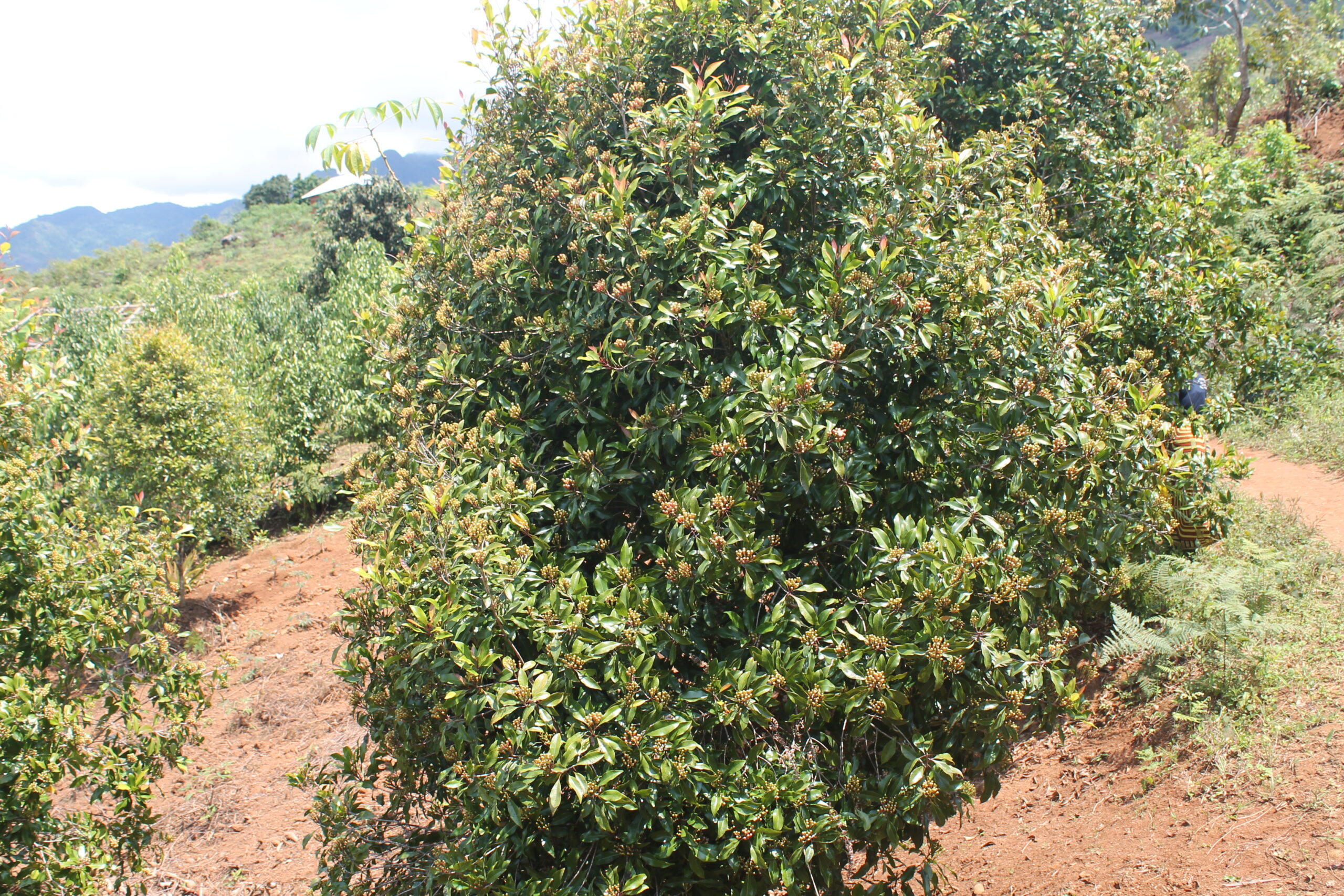Research key to agricultural transformation in Tanzania- Dr Joseph Ndunguru
*with research science-based precision agriculture for increased crop productivity
Research activities will continue to play a key role in agricultural transformation into science-based precision agriculture for increased crop productivity, in the drive to ensure the sustainable supply of raw material for growing Tanzania’s industrial economy, according to the Director of Tanzania Agricultural Research Institute (TARI) Selian, Dr Joseph Ndunguru.
However, the research itself must also embrace greater use of science, technology and innovations as well as strengthen both human and infrastructure research capacity through enhanced investment, noted the veteran researcher, in his presentation at
the Annual Agriculture Research Forum and Seed Stakeholder Forum in Arusha, 19th August 2020, organised by Tanzania Seed Trade Association (TASTA) and the Tanzania Agricultural Research Institute (TARI) and supported by USAID and Alliance for a Green Revolution in Africa (AGRA).
Simultaneously, for research to be meaningful and impactful, public and private partnerships and linkages are key, noted Dr Ndunguru, as they were paramount in making research technologies and outputs to reach the end-users using innovation platforms.
“The research must also assess sociodynamics of farmers before technologies are delivered,” he noted.
Agriculture research in Africa is a must as about 60% of the world’s arable land is found in the continent, which provides tremendous potential for the continent to be a major player in food production globally.
“Recent estimates suggest that Africa has the potential to increase the value of its annual output from about $280 billion (in the late 2000s) to around $800 billion by 2030,” he noted referring to McKinsey Global Institute, MGI 2010:8.
Yes, at times, some economies in Africa have been a decline in agriculture contribution in terms of GDP, which is a sign of low productivity and limited value addition.
To turn the tide, “agriculture needs to be transformed using the catalytic power of science and technology for which research is the key,” he noted, adding that, increasing productivity was a central concern of developing countries.
In Tanzania, Agriculture is the main part of the economy, he stated, with about 32 million people (equivalent to three-fourths of the entire population) living in the rural areas and 80% of them are involved in the agricultural sector.
Dr Ndunguru noted that the agricultural sector contributes about 28.2% to the national GDP, and the sector employs about 58% of Tanzanians. By 2019, it grew at a rate of 5.2% while the crop sector was growing at 5.8%.
He attested that increasing agricultural productivity was a central concern of Tanzania as it was a “major factor determining the level of income of the farming sector, in meeting the food requirements of continually expanding populations, in generating foreign exchange to finance domestic programmes, amongst others.”
“Agricultural research has an important role to play in meeting these targets, since many of the new technologies, inputs, and techniques of production that increase agricultural productivity are developed through agricultural research,” he said.
According to Dr Ndunguru, a transformed agricultural research system helps achieve sustainable food and income security for all agricultural producers and consumers, particularly for resource-poor households, whether in rural or urban areas.
“Research aims to boost productivity, to address challenges resulting from climate change including drought, heat, cold, pests and diseases as well as improving nutrition, value addition and marketing,” he said.
Dr Ndunguru said time was ripe to champion science-based precision agriculture for increased crop productivity, and with research, it was a huge possibility.
“We can transform agriculture using the latest available technologies and research methods, use science-based sustainable crop disease management, crop pests management and science-based soil selection for crop farming,” he posted.
One of the various examples he gave, was the use of application of the soil maps, to implement the strategic deployment of crops and fertiliser application. This leads to planting of crops incorrect areas and using correct fertilisers. This boosts crop productivity, minimises resources and time wastages, he noted.
In the case of accelerating breeding for development of new varieties, Dr Ndunguru called for the use of research techniques such as marker-assisted selection, modern biotechnology to develop new varieties (high yielding, drought, heat and cold tolerant and nutritionally enhanced crop varieties.
It was important for researchers to identify and develop crop varieties that can be deployed on marginal land areas, to convert the so-called “unproductive land” to become potential agricultural production, he noted.
“Through well-planned research, it is possible to identify and develop low nutrient and moisture requiring crop varieties that can be deployed and cultivated on the marginal land to help the communities living in those areas,” he noted.
Dr Ndunguru said TARI would continue to collaborate with its partners in undertaking research that aims to minimise crop post-harvest losses and value addition through processing techniques.
According to Prof. Nuhu Hatibu, Alliance for a Green Revolution in Africa (AGRA) Regional Head, East Africa, Tanzania has made big strides in adopting science and technology in developing the agriculture sector, but more needs to be done.


